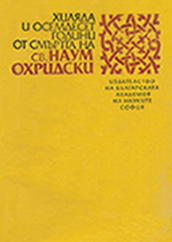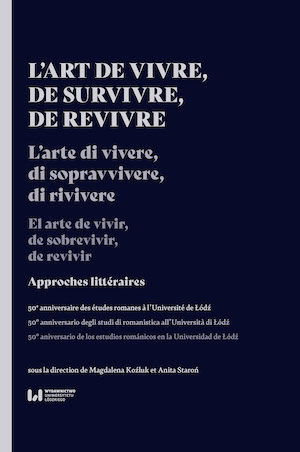


















Keywords: Latin American Narrative; Late Modernity; Autofiction; Sociology of Time; Cultural Criticism
In the last decades, many studies have proliferated on the different ways in which a specific modality of consumer society, characterized by an unbridled acceleration of the rhythms of production and work, affects the lives of millions of people, especially in highly industrialized nations. These studies suggest that the individuals, under the pressure of an increasingly accelerated and frenetic pace of life, are compelled to perform certain roles and achieve certain goals that, if satisfactorily fulfilled, could guarantee success, or, at least, social acceptance. But what happens when the individual cannot or do not want to perform and fulfil such roles and expectations fast enough, when the individual prolongs or just abandons the entrusted task? In the richly diverse world of Latin American fiction, many writers have tackled this question. In base of three novels of different years: “El libro vacío” (1958), by the Mexican Josefina Vicens, “Wasabi” (1994), by the Argentine Alan Pauls, and “La novela luminosa” (2005), by the Uruguayan Mario Levrero, this paper comments the role played in contemporary fiction by the figure of the apathic, indolent or just slow-moving writer. The main characters of those novels seem to live in a slow-time dimension opposed to the fast one dominant in late modernity.
More...
Keywords: comparative literature; subaltern studies; Spanish transition; Polish transition; panopticism
The paper aims to develop a comparative perspective that allows the reader to explore the traces of authoritarian systems in contemporary Polish and Spanish culture. The point of departure is the research of Polish scholars from the Post-Dependence Studies Centre, who examine Polish culture with postcolonial tools adapted to the post-communist context. From there, the article attempts to formulate a methodological framework — the so-called post-transitional subaltern studies — applicable to post-Franco and post-communist culture, particularly the presence of subaltern characters in contemporary cultural texts. In accordance with the proposed methodology, the author analyses two novels, namely “Visión del ahogado” (1977) by Juan José Millás and “Czytadło” (1992) by Tadeusz Konwicki, in which it is possible to detect similar panoptic strategies concomitant with the recourse to violence.
More...![“The Jewish image of the city […] has survived”. Literary Representation of Łódź in Two Latin American Writers](/api/image/getbookcoverimage?id=document_cover-page-image_1069791.jpg)
Keywords: Juan Manuel Torres; Eduardo Halfon; Łódź; Jewish heritage; Latin American short story
The paper aims to analyze the representations of Łódź in two short stories by Juan Manuel Torres, “El muchacho que mató a la luna” and “Al principio de la primavera”, and one long narration by Eduardo Halfon “Oh gueto mi amor”.
More...